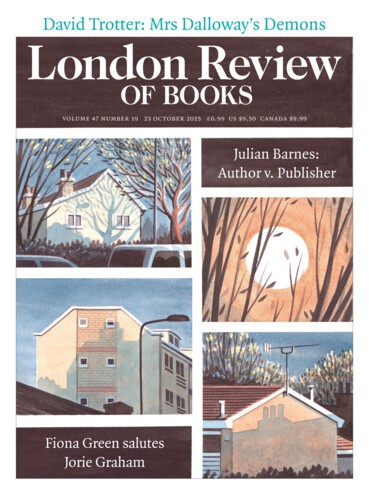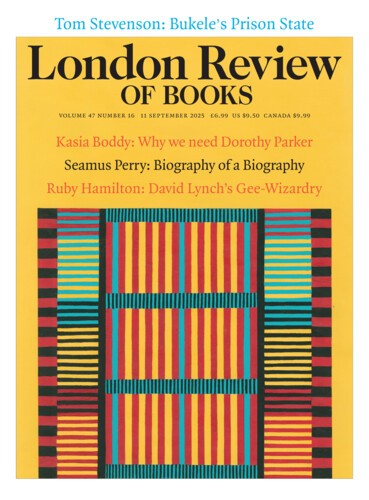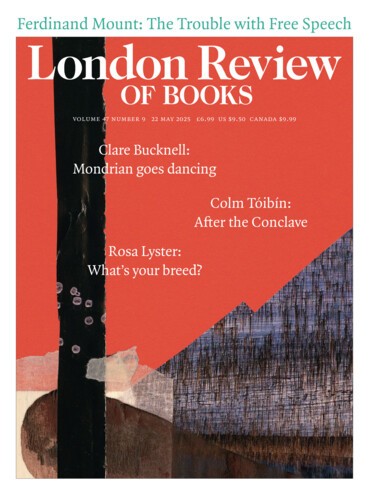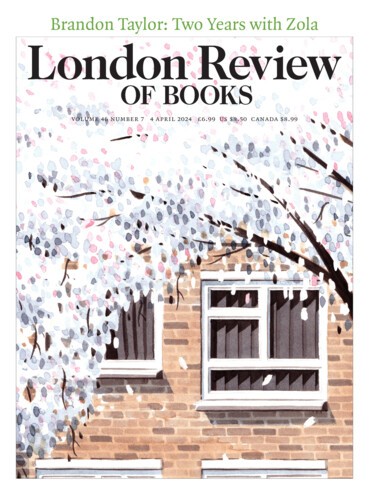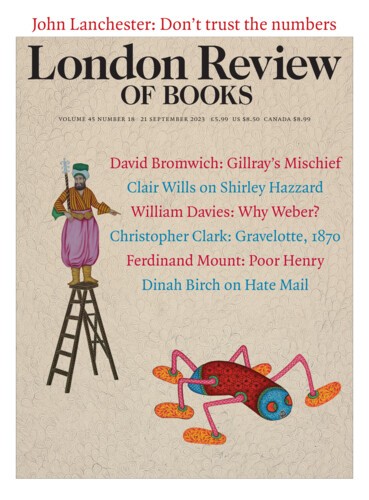Poem: ‘Enheduanna’s Song’
Robert Crawford, 23 October 2025
A version in Scots of a Sumerian hymn to the goddess of love and war, attributed to the priestess Enheduanna of Ur (fl. 2255 BCE), the world’s earliest identifiable author. As well as praising the nurturing but also terrifying and vengeful goddess, daughter of the moon, the poem inveighs against the rebel King Lu-gal-an-ne, who has flung Enheduanna out of the goddess’s temple.
Leddy...
